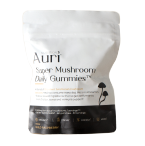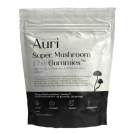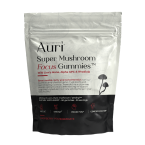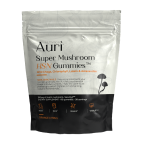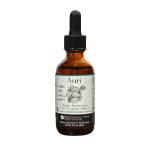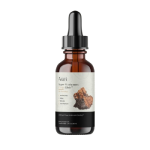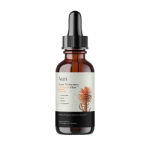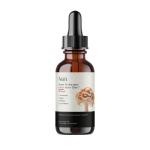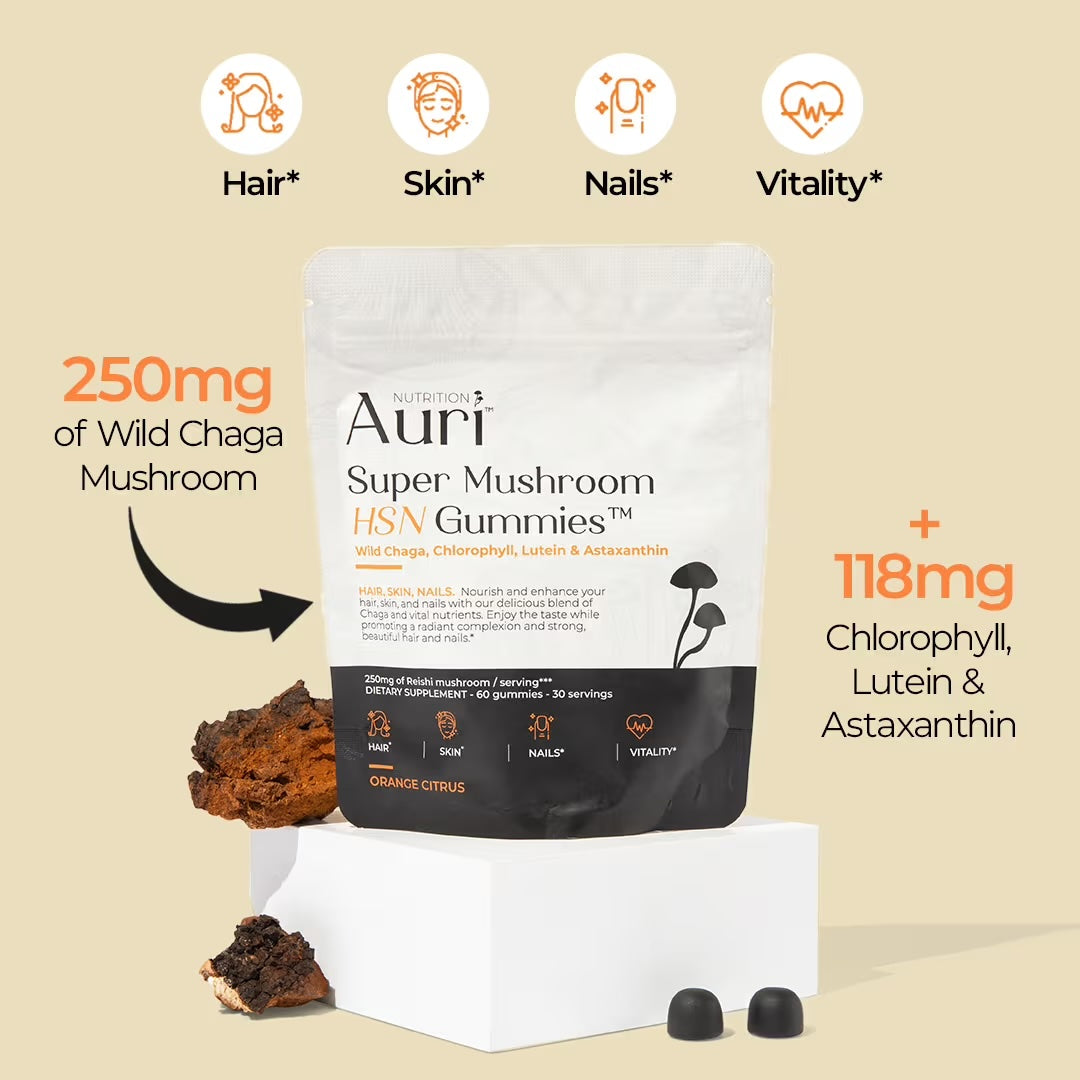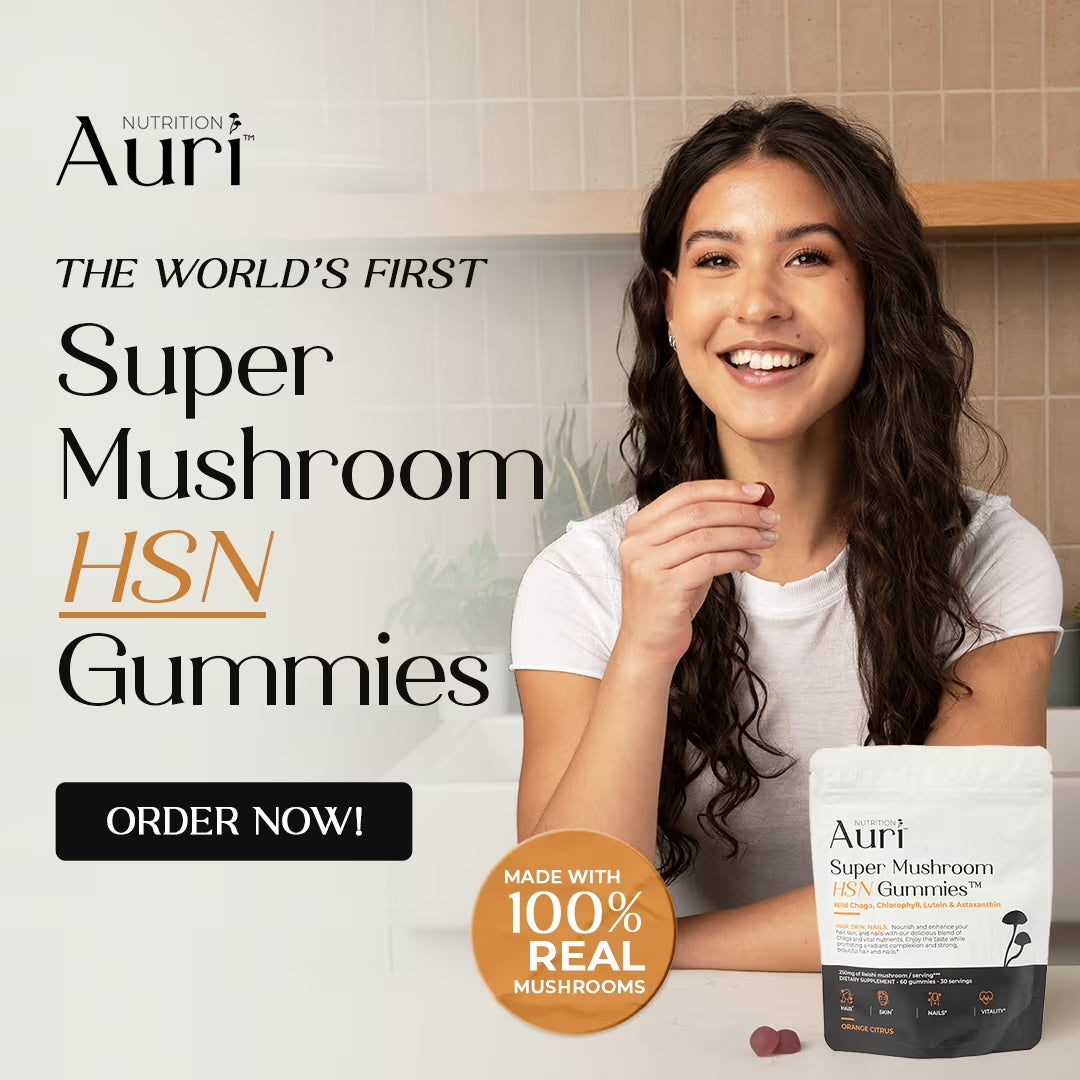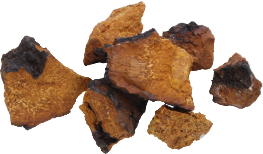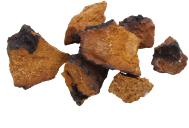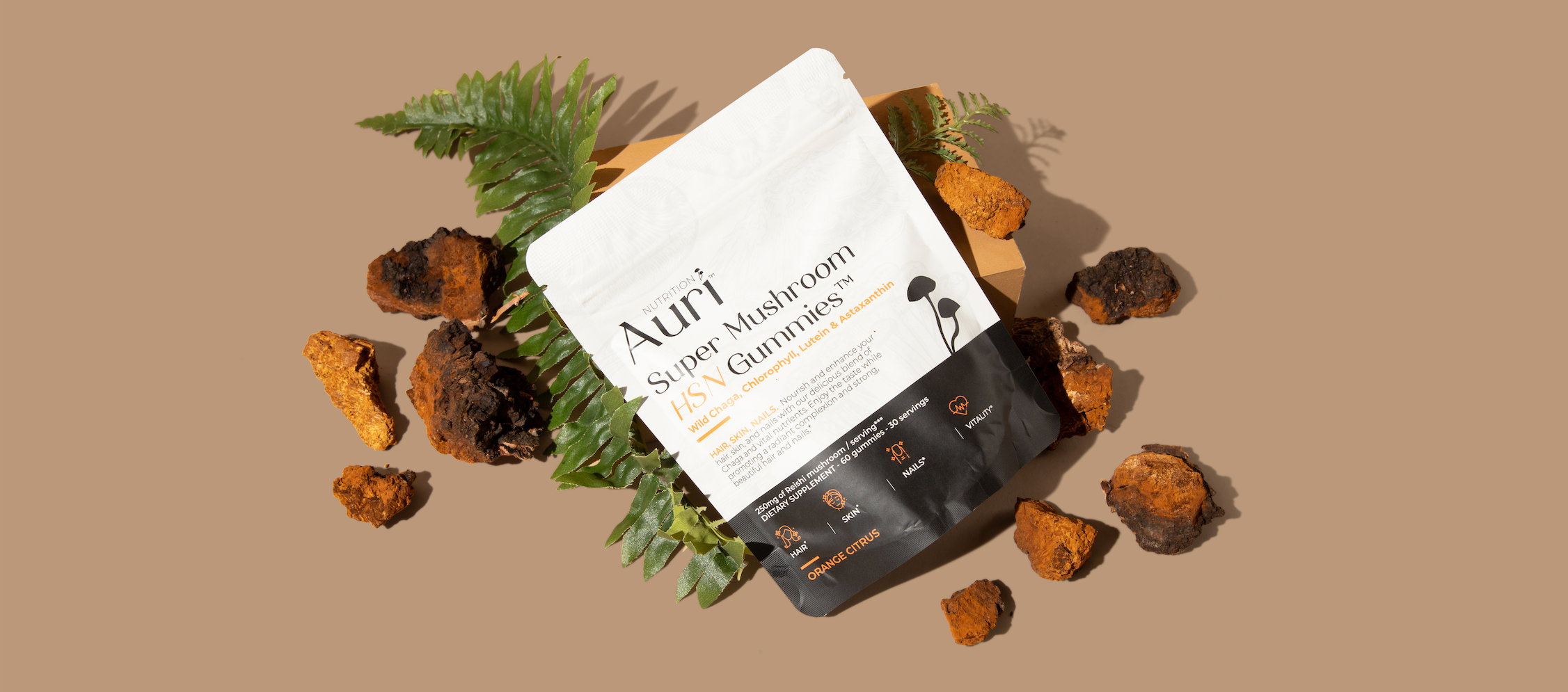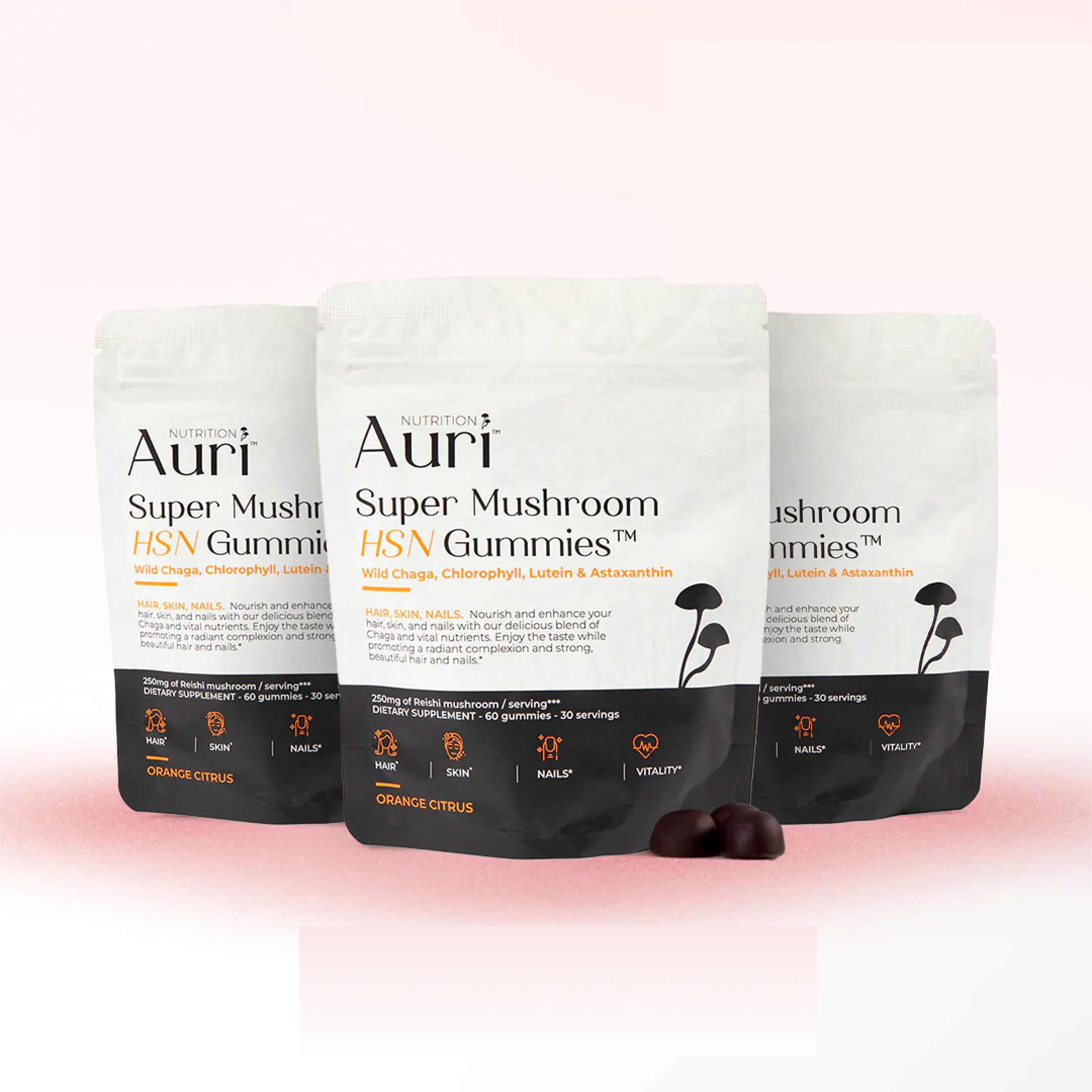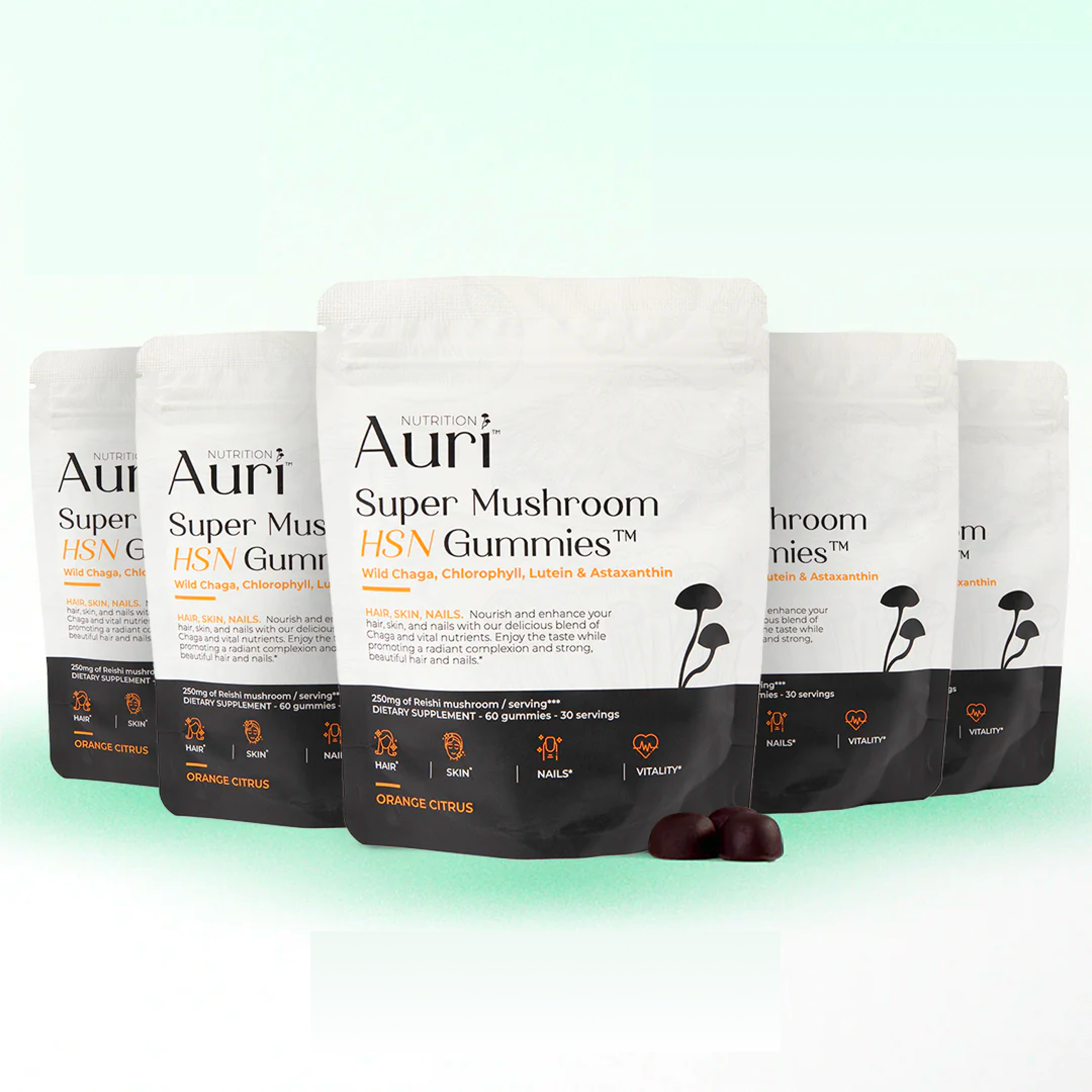🍄 Entdecke die Geheimnisse adaptogener Pilze und essentieller Schönheitsnährstoffe in unseren speziell entwickelten Super Mushroom HSN Gummies. Tauche tief in die natürliche Wirkung jeder Portion ein und profitiere von:
🌟 Fördert strahlende Haut*
💇 Fördert Haarwachstum und -stärke*
💅 Stärkt starke und gesunde Nägel*
🕰️ Unterstützt gesundes Altern*
Diese köstlichen Gummibärchen sind mehr als nur ein leckerer Leckerbissen; sie sind Ihr täglicher Verbündeter für strahlende Schönheit von innen. Sie wurden für den täglichen Genuss entwickelt und bieten das Beste der Natur für Haare, Haut und Nägel und sorgen dafür, dass Sie strahlen und gedeihen.
25 mg 10:1 Wild-Chaga-Extrakt / Portion (entspricht 250 mg Fruchtkörper)



